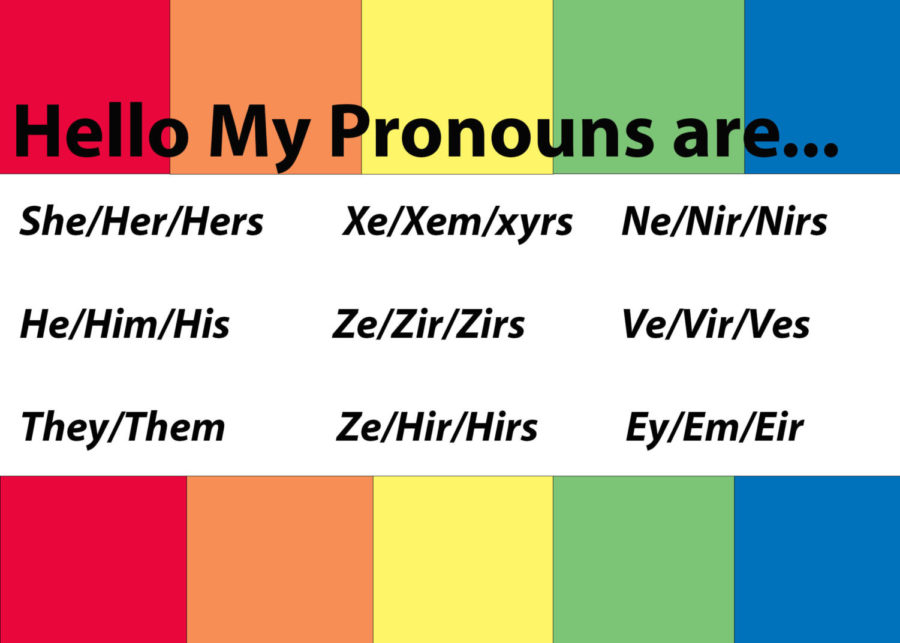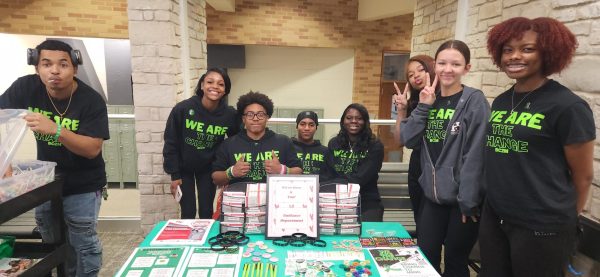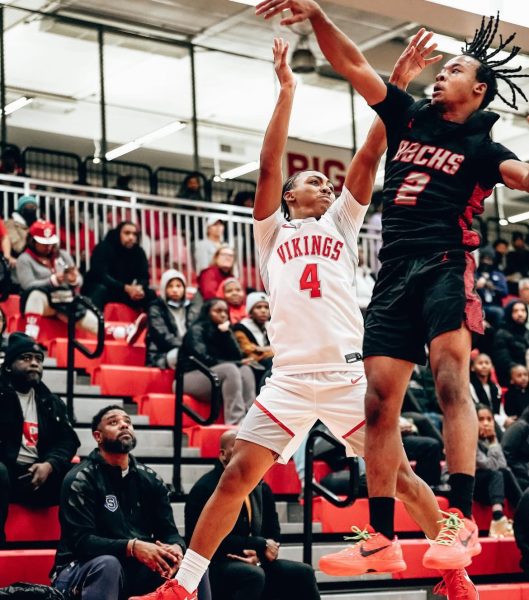It’s Time To Normalize Asking For Pronouns At H-F
What’s the first thing you ask someone when you first meet? Things like: their name, age, where they’re from and other broad questions are frequent go-tos.
Well, with an increase in gender fluidity among LGBTQ+ in Gen Z we need to, as a society, start to incorporate “what are your preferred pronouns?” into those general questions.
The amount of people using they/them or neopronouns is increasing and becoming more widespread by the year with more people accepting and welcoming this aspect of a person’s identity.
As of 2021, according to The Trevor Project, one in four LGBTQ+ youth use pronouns or pronoun combinations that fall outside of the binary construct of gender. Even neopronouns such as ze/zir have grown in use among LGBTQ+ youth and adults.
It has even gotten to the point where huge social media platforms such as Instagram have introduced an option for people to put their preferred pronouns in their profile’s bios.
Whether you like it or not, the use of these different pronouns is spreading and it is important that we accept this and conform as a society to incorporate them into our lives, even here at H-F.
This increase in gender fluidity is also happening here at H-F and it is important that teachers, staff, and students make some changes to keep H-F a welcoming environment and safe space for every student.
On the first day of school this year, I personally had only one teacher ask our class for their preferred pronouns. While it’s a positive thing that I, at least, had one teacher thinking about this, it’s simply not enough.
At this point, asking for someone’s preferred pronouns, and respecting those pronouns, is basic human decency. This needs to be widespread at H-F by every teacher incorporating asking and memorizing their student’s preferred pronouns into their first week of school “get to know you” activities.
In this day and age a lot of people don’t understand the harmful effects and disrespect that come with misgendering individuals. For example using he/him pronouns for a person who prefers they/them.
Misgendering people like this can cause psychological harm to young people who may have finally just come to terms with their identity and being their authentic selves. Harm may be caused to self esteem and overall mental health when it comes to misgendering people.
This psychological damage can even lead to suicide in the worst cases of it. In a study conducted in 2020 by The Trevor Project it found that 60 percent of transgender and nonbinary youth have engaged in self harm or suicide attempts.
This statistic highlights even more why it is so important that we accept and welcome nonbinary students not only at H-F but in society as a whole.
And one way that we can further this acceptance is by starting small: H-F teachers and staff should be required to model and ask for preferred pronouns.









